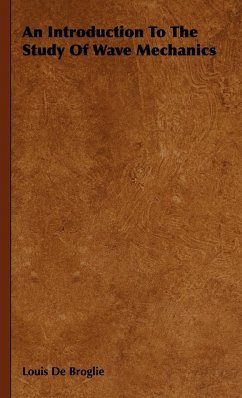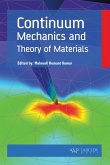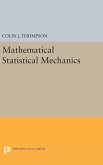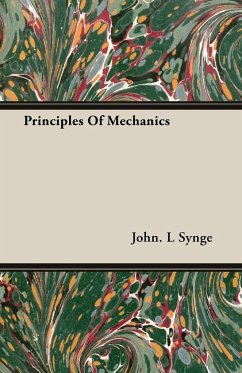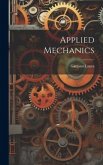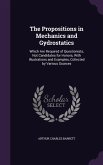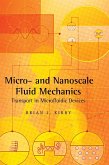MECHANICS by WILLIAM FOGG. Originally published in 1937. PREFACE; Mechanics is a natural science, and like any natural science requires for its comprehension the observation and knowledge of a vast fund of individual cases. Arid so the solution of problems is of prime importance throughout all the study of this subject. But Mechanics is not an empirical subject in the sense in which physics and chemistry, when dealing with the border region of tUe human knowledge of the day are empirical. The latter take cognizance of a great number of isolated facts, which it is not as yet possible to arrange under a few laws, or postulates. The laws of Mechanics, like the laws of Geometry, so far as first approxima tions go the laws that explain the motion of the golf ball or the gyroscope or the skidding automobile, and which make possible the calculation of lunar tables and the prediction of eclipses these laws are known, and will bo as new arid important two thousand years hence, as in the recent past of science when first they emerged into the light of day. Here, then, is the problem of training the student in Mechanics to provide him with a vast fund of case material and to develop in him the habits of thought which refer a new problem back to the few fundamental laws of the subject. The physicist is keenly alive to the first requirement and tries to meet it both by simple laboratory experiments and by problems in the part of a general course on physics which is especially devoted to Mechanics. The interest of the mathematician too often begins with virtual velocities and dAlemberts Principle, and the variational principles, of which Hamiltons Principle is the most important. Both arc right, in the sense that they are dping nothing that is wrong but each takes such a fragmentary view of the whole subject, that his work is ineffectual. The world in which the boy and girl have lived is the true laboratory of elementary mechanics. The tennis ball, the golf ball, the shell on the river the automobile good old Model T, in its day, and the home-made autos and motor boats which youngsters construct and will continue to construct the amateur printing press the games in which the mechanics of the body is a part all these things go to provide the student with rich laboratory experience before he begins a systematic study of mechanics. It is this experience on which the teacher of Mechanics can draw, and draw, and draw again. The Cambridge Tripos of fifty years and more ago has been discredited in recent years, and the criticism was not without foundation. It was a method which turned out problem solvers so said its opponents. But it turned out a Clerk Maxwell and it vitally influenced the training of the whole group of English physicists, whose work became so illustrious. In his interesting autobiography, From Emigrant to Inventor, Pupin acknowledges in no uncertain terms the debt he owes to just this training, and to Arthur Gordon Webster, through whom he first came to know this method a method which Benjamin Osgood Peirce also prized highly in his work as a physicist. And so we make no apologies for availing ourselves to the fullest extent of that which the old Tripos Papers contributed to training in Mechanics. But we do not stop there...
Hinweis: Dieser Artikel kann nur an eine deutsche Lieferadresse ausgeliefert werden.
Hinweis: Dieser Artikel kann nur an eine deutsche Lieferadresse ausgeliefert werden.


